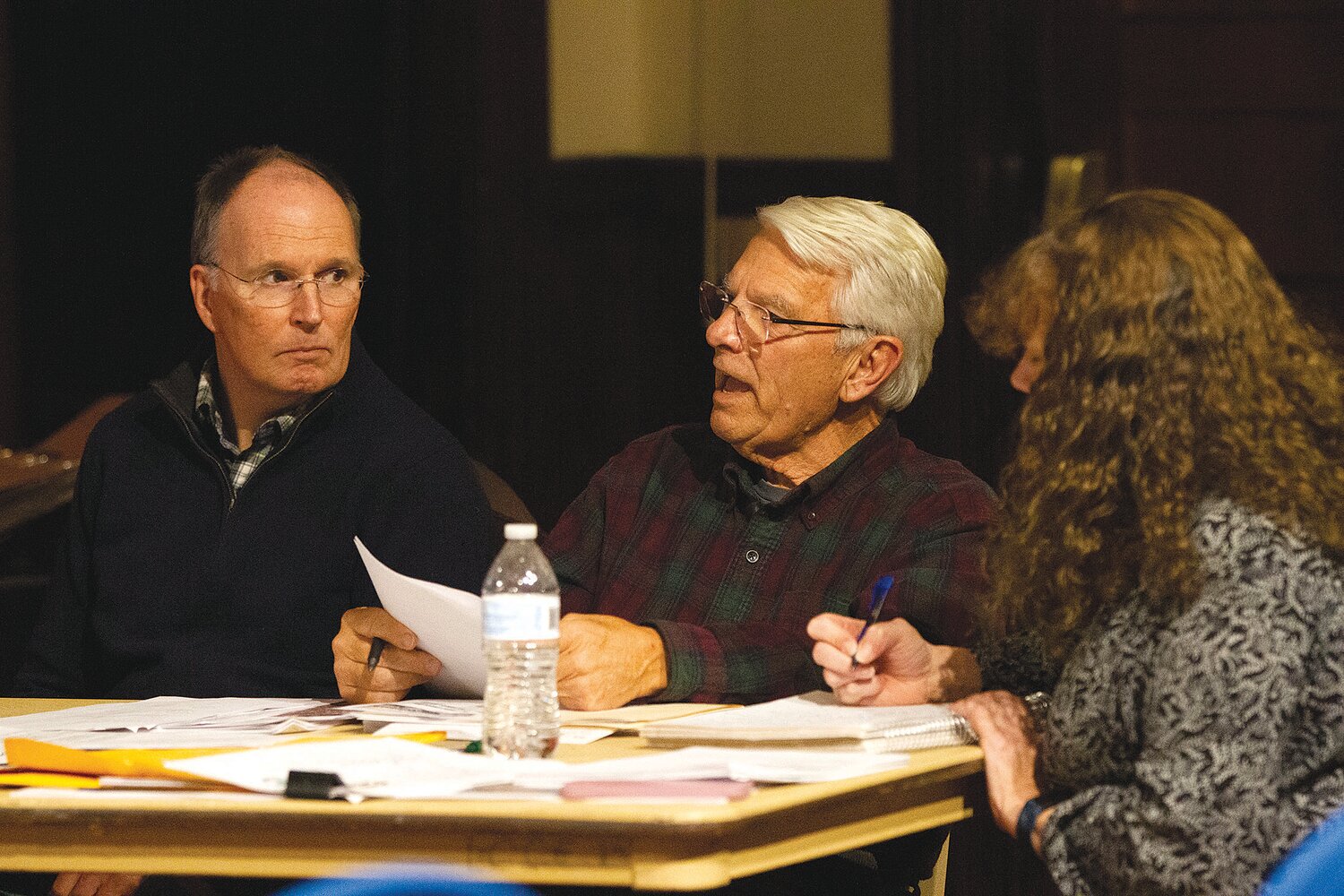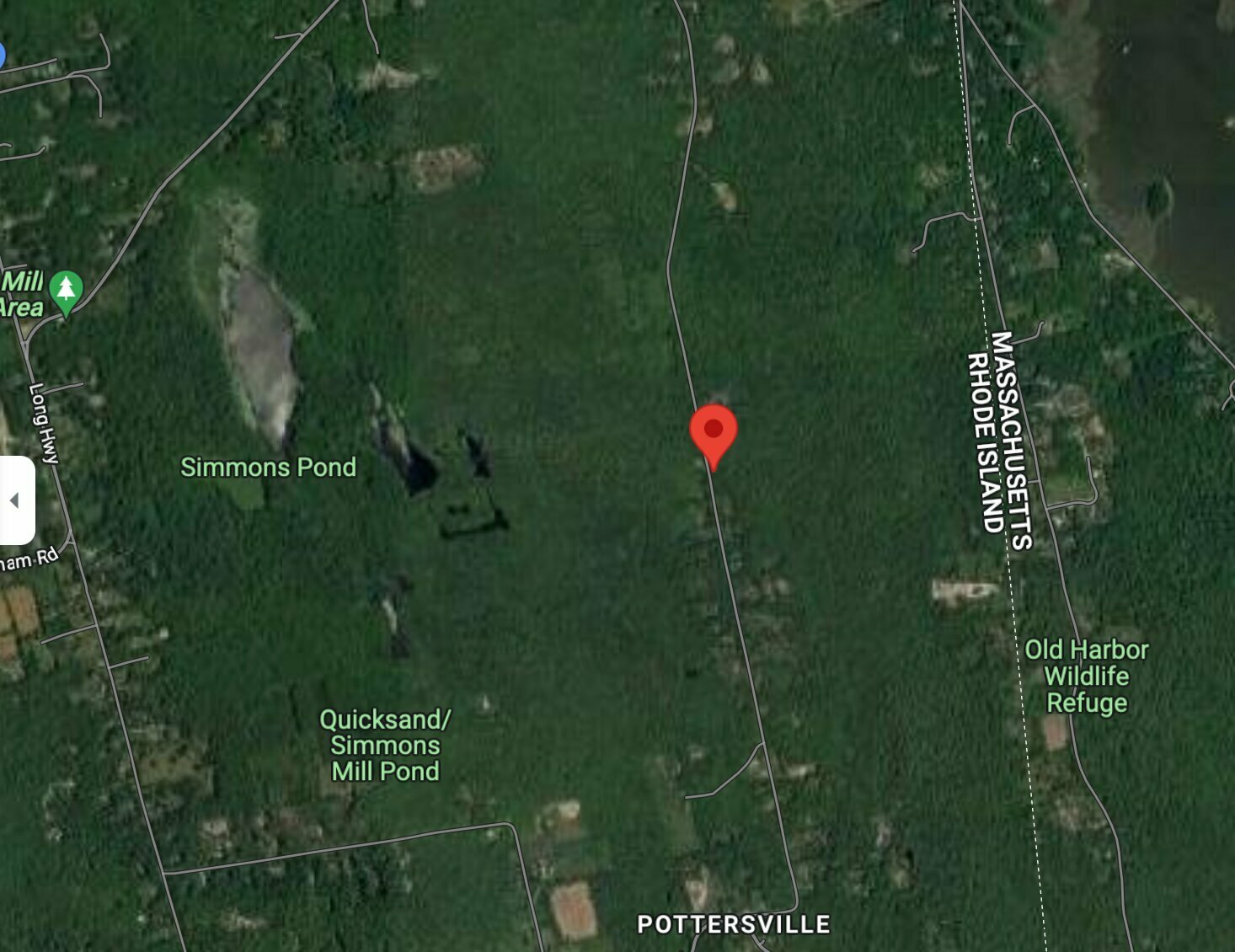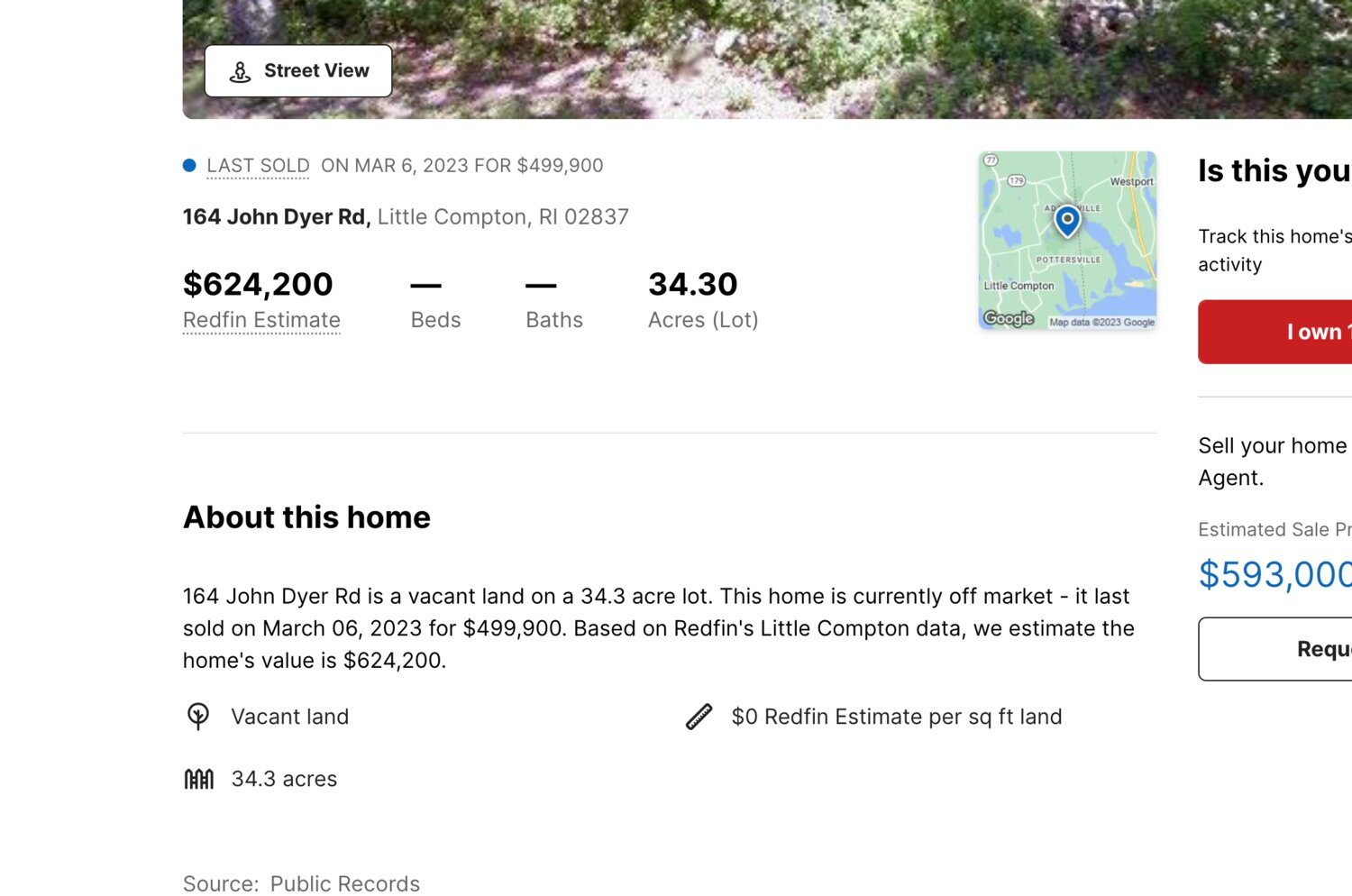Little Compton land trust scammed for nearly $500,000
Little Compton Agricultural Conservancy Trust members, attorney conned by South African scammer over land sale on John Dyer Road
A South African con artist is nearly half a million dollars richer after taking the Little Compton Agricultural Conservancy Trust for $499,900 earlier this year. How’d he or she do it? By …
This item is available in full to subscribers.
Please log in to continue |
Register to post eventsIf you'd like to post an event to our calendar, you can create a free account by clicking here. Note that free accounts do not have access to our subscriber-only content. |
Day pass subscribers
Are you a day pass subscriber who needs to log in? Click here to continue.
Little Compton land trust scammed for nearly $500,000
Little Compton Agricultural Conservancy Trust members, attorney conned by South African scammer over land sale on John Dyer Road
A South African con artist is nearly half a million dollars richer after taking the Little Compton Agricultural Conservancy Trust for $499,900 earlier this year. How’d he or she do it? By selling the trust a 31-acre tract of land owned by someone else entirely.
Trust board members held an extraordinary meeting last Wednesday, Dec. 6, to defend themselves, and clear the air, over the scam that cost the trust — and ultimately, the trust’s insurer — approximately $400,000.
Releasing months of closed session notes and paperwork they had previously kept private — but which have since been removed from the trust’s website due to some sensitive information that had not been redacted — trust members said they wanted to clear the air in what chairman Bill Richmond acknowledged was an embarrassing situation. And they wanted to respond to critics’ complaints about a supposed lack of transparency.
“Yes, we got fooled, and that’s embarrassing,” Richmond said Wednesday evening.
Still, he said, the trust did its due diligence and believed it was acting in the town’s best interests.
What happened?
Since it was established nearly 40 years ago, the trust has purchased or otherwise helped to preserve scores of bucolic properties across Little Compton, from farms to large swaths of undeveloped and forested land. On that front, it has been extraordinarily successful.
Trust members thought they had a line on another significant parcel last December, when they spotted a Real Estate advertisement posted by Residential Properties on behalf of what was purported to be the seller of a 31-acre tract at 164 John Dyer Road. Though the town’s tax records indicate the property is owned by Florida resident Beverly Joy Anarumo, and trust officials thought they were corresponding with her agents as they explored the purchase, they didn’t yet know that she had nothing to do with it.
Two days before Christmas 2022, trust officials signed a letter of intent to purchase the property, as well as a purchase and sales agreement. In a summation of events surrounding the purchase, trust members wrote that since the “seller” was a foreign national from South Africa, attorneys for the seller and trust went through a variety of withholding and verification processes that needed to be completed before the deal could be consummated. All were completed successfully, and nothing appeared to be amiss.
“All required steps were followed, including obtaining an affidavit signed by the seller being procured from the United States Embassy in Johannesburg,” the trust wrote.
Trustees ultimately closed on the property on Tuesday, March 7, and funds minus fees and other associated costs were wired to South Africa.
It didn’t take long for the lie to unravel.
Though they didn’t explain how and exactly when the truth came out, trust members wrote that after the closing, “it was learned that Ms. Annarumo (sic) did not live in Johannesburg but rather in Florida.”
Trust officials spoke with her and she confirmed that she had not listed the property and had not sold it.
Though most of the money was already in South Africa, some of the funds had been withheld and were recovered shortly thereafter. As for the balance, the trust filed an insurance claim with its underwriter, Commonwealth Title, and the trust was repaid approximately $400,000 in August.
“It’s beyond belief”
Though trust members never spoke publicly about the swindle prior to last week, word got out. On Wednesday, the trust’s seven-member board responded to a barrage of questions from residents, many of whom seemed incredulous that a scam of such magnitude could occur in Little Compton.
“Part of what people have a really hard time believing is that a town board could be swindled when you’ve got two parties being represented by attorneys,” said resident Ed Bowen. “It’s beyond belief.”
Trustee Ned Levine acknowledged the enormity of the issue, and the board’s reliance on professionals: “Two lawyers and two realtors and the title insurance company represented it was real,” he said.
Richmond added that fraudulent transactions involving real estate are not uncommon, and said that the trust received much of the money back.
But speakers weren’t finished. Critics also slammed the board for what they implied was a deliberate effort to keep the public in the dark, since discussions regarding the John Dyer Road transactions occurred in non-public sessions and the minutes from those meetings were routinely sealed.
“You had an obligation,” said resident Sid Wordell. “Show me where you publicly came out and said the trust got swindled.”
In response, trustees posted 174 pages of documents associated with the sale to its website. While they have since been removed, unsealed minutes from 11 executive session meetings held between 2021 and 2023 were also uploaded to the Secretary of State’s website.
None of the minutes recently unsealed shed significant new light on the fraudulent real estate transaction. Only three sets of minutes — from June 7, Aug. 2, and Nov. 1 — refer to Anarumo’s stolen identity and problems with the initial real estate deal.
Some at Wednesday’s meeting, such as Little Compton resident Peter Aldrich, defended the trust, saying the community is lucky to have trustees who volunteer their time in unpaid positions.
“I read that the Beverly Anarumo property [transactions] are difficult to understand, and a lot of things happen quickly, but I think it was the right thing to do.”
Trust buys land, after all
Though they were scammed the first time around, the Little Compton Agricultural Conservancy Trust ultimately achieved its goal of acquiring the property at 164 John Dyer Road, purchasing it in August for $750,000.
In June, the brother of Beverly Anarumo reached out to trustee Ned Levine and wrote that his sister would entertain selling the property to the trust if they were interested. They were and in late August, through a temporary “tenants in common” arrangement between the trust and Little Compton developer Dennis Talbot, the property was legitimately purchased from Anarumo for her asking price.
The trust and Talbot eventually received Little Compton Planning Board approval to subdivide the property, after which they exchanged deeds that relinquished any claim to the other’s parcel. The trust, which paid $550,000, now owns 26 acres near the Westport state line that will be conserved. Talbot, who told the board the property may be suitable for affordable housing, paid $200,000 and owns 4.9 acres.
At a town council meeting in September, Patrick Bowen, chairman of Little Compton Housing Trust, told councilors that the trust had received a $200,000 state grant that will allow it to purchase the property from Talbot for the purpose of building four single-family homes that will be designated as affordable housing.
Though the sale was successful, residents at last week’s trust meeting said the trust could have been more transparent in purchasing the property with Talbot. Specifically, resident Sid Wordell said the trust erred by partnering with him before determining if other parties might have an interest in the parcel he acquired.
In a written statement board members wrote that “the circumstances of the Anarumo purchase were uniquely suited to diverting some of the property to affordable housing development, but there was a [seller-imposed] time constraint. Given his earlier expressed interest and his willingness and ability to quickly put up his own money to participate, once Mr. Talbot said yes, the trustees stopped looking for alternatives.”
“The trustees are proud of the results represented in the Anarumo acquisition and believe it represents positive progress for the town in multiple areas. As the same time, we recognize it was done under highly unusual circumstances, not likely to be repeated and certainly open to improvement.”
— With reports by Ted Hayes












